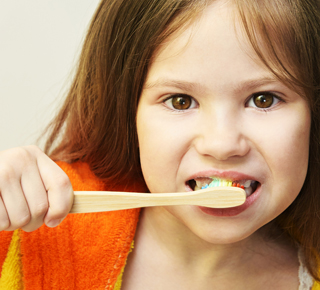About PSHE Health Education
PSHE Health Education helps children and teens understand how to look after their bodies and minds. Written by teachers, these quizzes cover hygiene, diet and exercise, safety and risk, substance awareness, sleep and growing-up topics in a clear, age-appropriate way.
Each quiz has 10 multiple-choice questions with instant feedback, making it easy to practise little and often. That quick rhythm supports memory, builds sensible vocabulary for PSHE discussions, and helps pupils feel more confident when real-life situations come up at school or at home.
Start with practical safety using Stranger Danger – Age 5–7 and Road Safety – Age 7–11. Explore healthy decisions and risks in Drugs – Age 7–11, and learn why rest matters in Sleep – Age 11–14. Revisit any tricky quiz after a couple of days to strengthen recall.
For official curriculum guidance schools use for Health Education, see GOV.UK: Relationships Education, RSE and Health Education.
Frequently Asked Questions
Who are these Health Education quizzes for?
They suit primary and lower-secondary pupils, with clear age guidance on each quiz. Parents and teachers can also use them to support PSHE conversations and learning.
How often should my child use them?
One or two quizzes at a time works best. Read the feedback, talk through the safest choices, then repeat later in the week for spaced practice.
Do the quizzes cover sensitive topics?
Some quizzes support older pupils with age-appropriate health and growing-up learning. Use the age labels to choose the right content and keep discussions calm and factual.
How can I help if I am not confident with PSHE?
You do not need to be an expert. Ask your child to explain a new idea in their own words, and focus on simple messages like safety, consent, trusted adults and healthy routines.
Top of Page






























